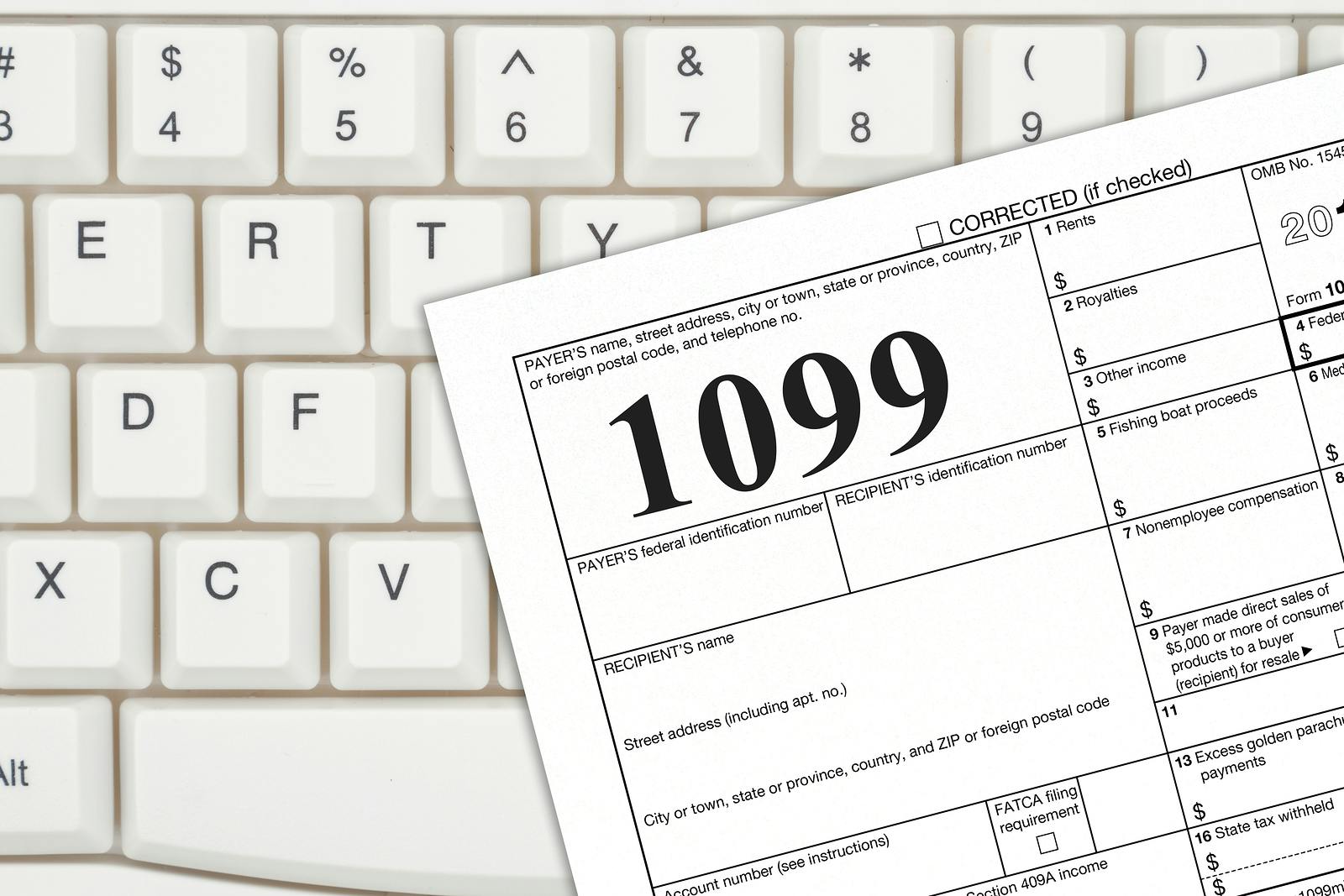Most businesses, and startups in particular, need to keep costs down. Workers either cannot or do not want to work traditional hours. So begins the boom of the independent contractor model, or the so-called “1099 economy.” But when a startup wants to ensure consistency and quality and begins to exercise more control over a worker, it creates the potential for a misclassification lawsuit.
The line between an independent contractor and an employee is certainly not a bright line, and some may even argue the line is always moving. If a company utilizes the independent contractor model and exercises some control over its independent contractors, in light of the legal uncertainty, it would be prudent to have insurance coverage that would cover any misclassification claims.
As many as 84% of employment class action lawsuits are estimated to involve wage-and-hour claims, including misclassification. Instacart, for example, a mobile phone application which provides workers to shop for customers, is in the process of settling a class action lawsuit filed against it in Los Angeles Superior Court. The parties requested approval in April 2017 of a proposed $4.6 million settlement.
EPLI coverage tips
Wage-and-hour claims are typically excluded from Employment Practices Liability Insurance (EPLI) policies, but there are still ways to protect your business if you are looking to renew your insurance and also potential avenues of coverage for some claims if you are faced with a lawsuit. Here are some coverage tips to consider:
- Some EPLI policies will in fact provide for the payment of defense costs relating to wage-and-hour claims (sometimes by special endorsement). This is something to consider requesting, particularly if you have significant operations in California.
- Many employment claims allege multiple labor code violations, including, for example, failure to provide adequate rest breaks or failure to pay overtime wages. Many older EPLI policies purport to exclude claims arising from the Federal Labor Standards Act “or similar provisions of any federal, state or local statutory law or common law.” Several California courts have held that causes of action for Labor Code Section 226 (failure to provide itemized wage statements to employees) are not similar to the FLSA, and thus are outside the FLSA exclusion.
- If an employment claim against you based on alleged wage-and-hour violations also includes causes of action for retaliation and/or misrepresentation, there might be an independent basis for coverage under your EPLI policy. In California and many other states, if any claim is potentially covered, the insurer must defend the entire action.
- Recent amendments to Labor Code Section 558.1 make individuals potentially liable for the wage-and-hour violations of the employer company. Some D&O policies apply the wage-and-hour exclusion to claims against the company but do not necessarily apply to claims against an officer or other individual.
Careful review of all EPLI and D&O policies is therefore essential whenever a business faces adverse wage-and-hour claims, particularly those that allege a wide array of purported labor code violations.
